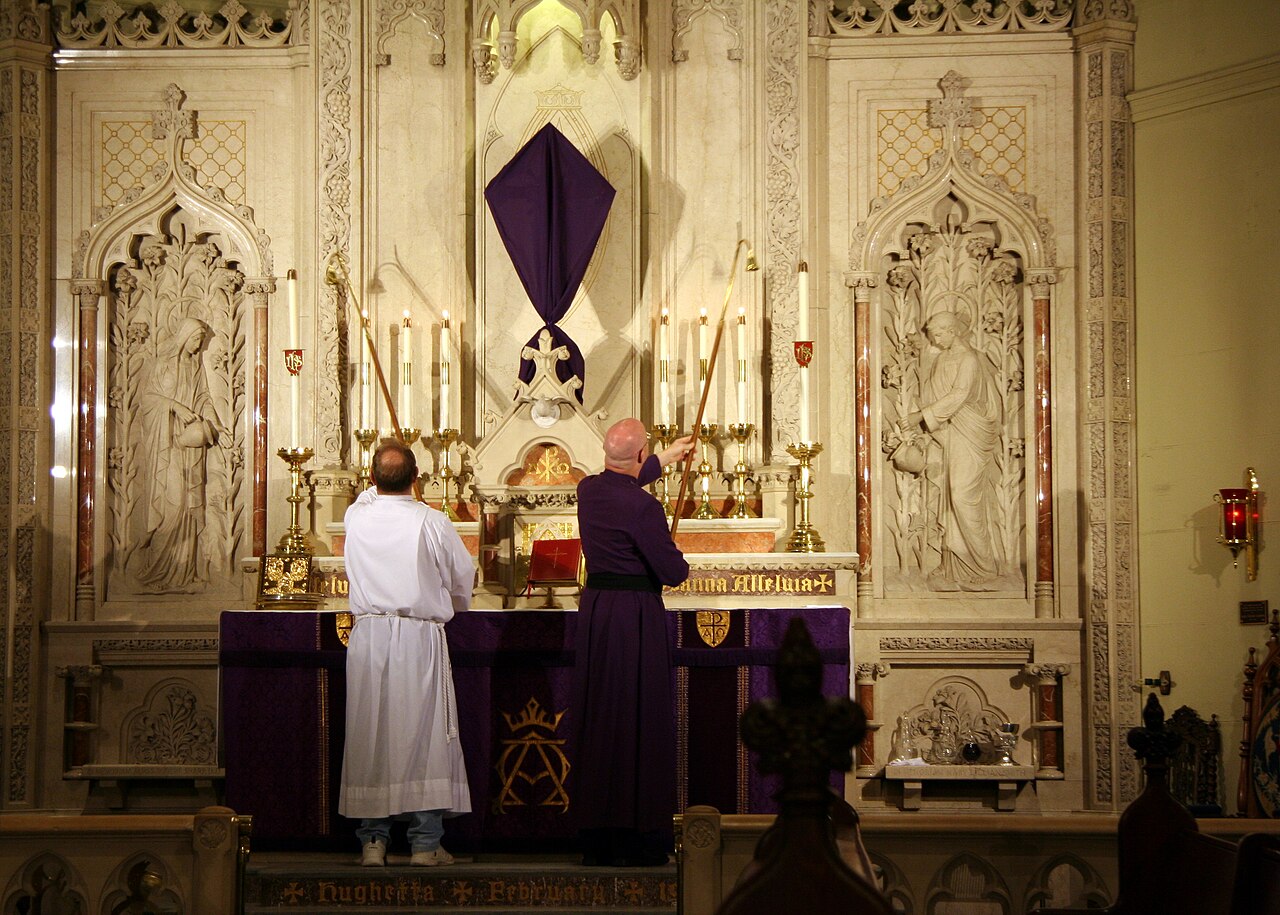 |
| Philip Halling, via Creative Commons |
I am an impatient person. I really, really suck at waiting - even bad things, I just want to get them over with as soon as possible. The anticipation is almost always worse than the pain itself. But that's not how life works. Even simple things like the cycle of the seasons; everything turns slowly, and comes around in its proper time.
Nerthus is teaching me this right now. I have other Gods, other spirits, knocking down my door to tell me about this change, to prepare me for what's ahead, to bid me goodbye as I move on to the next stage of my life. But Nerthus - it's a human thing, a human concern, and She honestly couldn't care less. A song keeps running through my head: "we'll sleep out in the garden, and when it rains, we'll just sink into the mud," it says. She is calling me. To forget my human concerns, this silly impatience, all the surrounding pain; instead, I must sink into the mud. A time of pause. This time, before the first green shoots poke their way out of the soil, is for resting. I must lay in the lake, let the dark water wash over my head, breathe that darkness into me while I wait.
On the other side of this coin is new growth, blooming flowers, a warm and inviting spring - I know that it's waiting to come forth. In the gnostic gospel of Thomas, Jesus says "If they ask 'what is the sign of the Father in you?', tell them: 'movement and repose'." That cycle is inherent in my life, and from what I can see, in all of nature. The sacred is working within me - there is movement, there is rest. This time of waiting will turn, and new and exciting things will happen; but now is not that time. And so I lay down in the soil and wait.








